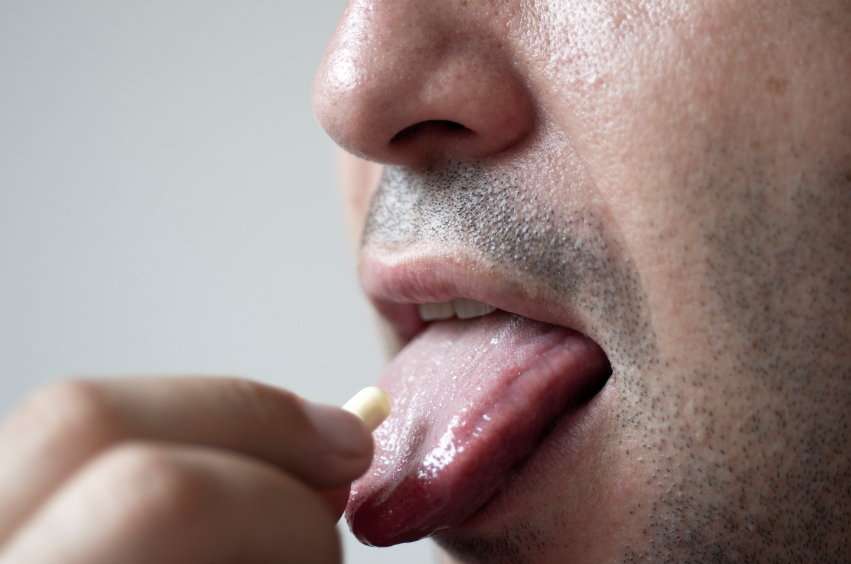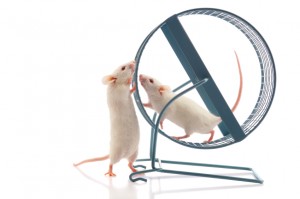Specific Probiotics Reduce Re-Hospitalizations for Bipolar Disorder
In a 2018 article published in the journal Bipolar Disorders, researcher Faith Dickerson and colleagues reported that in a small study of 66 people who had been hospitalized for mania, taking specific probiotic supplements upon their release reduced re-hospitalizations compared to taking placebo.
The study followed patients for 24 weeks after their hospitalization. They were randomized to receive either the combination of Lactobacillus rhamnosus strain GG and Bifidobacterium animalis subsp. lactis strain Bb12 or placebo in addition to their regular medications. While 17 of the 33 participants in the placebo group (51.5%) had at least one re-hospitalization during the study period, only eight (24.2%) of the participants taking probiotics had a re-hospitalization. The duration of the re-hospitalizations was also shorter for those taking probiotics (2.8 days on average versus 8.3 days for those taking placebo).
In a personal communication to this editor (Robert M. Post), Chris Aiken, Instructor in Clinical Psychiatry at Wake Forest University School of Medicine, who was not involved in the study, provided some clarifying details to this editor about the use of probiotics to reduce manic relapse. Aiken explained, “Apparently, it’s important to get both the right species (e.g. Bifidobacterium lactis) and the right strain (e.g. Bb-12) in choosing a probiotic. The study mentions that one of the strains (Bb-12) is patented and only available in Europe, but it has been licensed to a few U.S. companies.
“I found two products that contain the exact strains in the study and wrote this up for patients: In [the] study [noted above], a probiotic capsule containing Bifidobacterium lactis Bb-12 and Lactobacillus rhamnosus GG lowered the risk of psychiatric hospitalization threefold. [Both] strains are available in the supplement Emergen-C and in a liquid probiotic designed for infants, Culturelle Baby Grow and Thrive. The infant serving would suffice for adults as well. You could also get the two strains by combining two separate probiotic capsules: Align Daily Immune Support and Culturelle Digestive Health Daily Priobiotic.”
Editor’s Note: We are grateful to Dr. Aiken for this added information. We also found that USANA probiotic also contains both strains used in the study. Recent research has found more and more connections between inflammatory processes and mental health. This study contributes to our understanding of the connection between gut health and the brain.
Link Clarified Between Gut Microbes and Emotions
A 2017 article in the journal Microbiome suggests that gene-regulating molecules called microRNAs in the brain may be the link between microbes in the gut and emotions.
The research by Alan E. Hoban and colleagues looked at mice raised in a sterile, microbe-free environment. These mice had fewer anxiety-like behaviors than mice raised among the usual bacteria, viruses, and fungi. This finding implies that the microbiome—the trillions of microbes that live in and around our bodies—affects brain functions. In this case, the affected regions were the prefrontal cortex and the amygdala, which both play a role in the detection and response to fearful stimuli. These regions showed alterations in the level of microRNAs present.
When Hoban and colleagues introduced microbes into the animal’s systems, some microRNAs did not bounce back, suggesting that there may be a crucial window early in life when the presence of microbes is needed for the brain to develop normally.
In general, this research shows that microRNAs are key to understanding the link between the microbiome and the brain.



